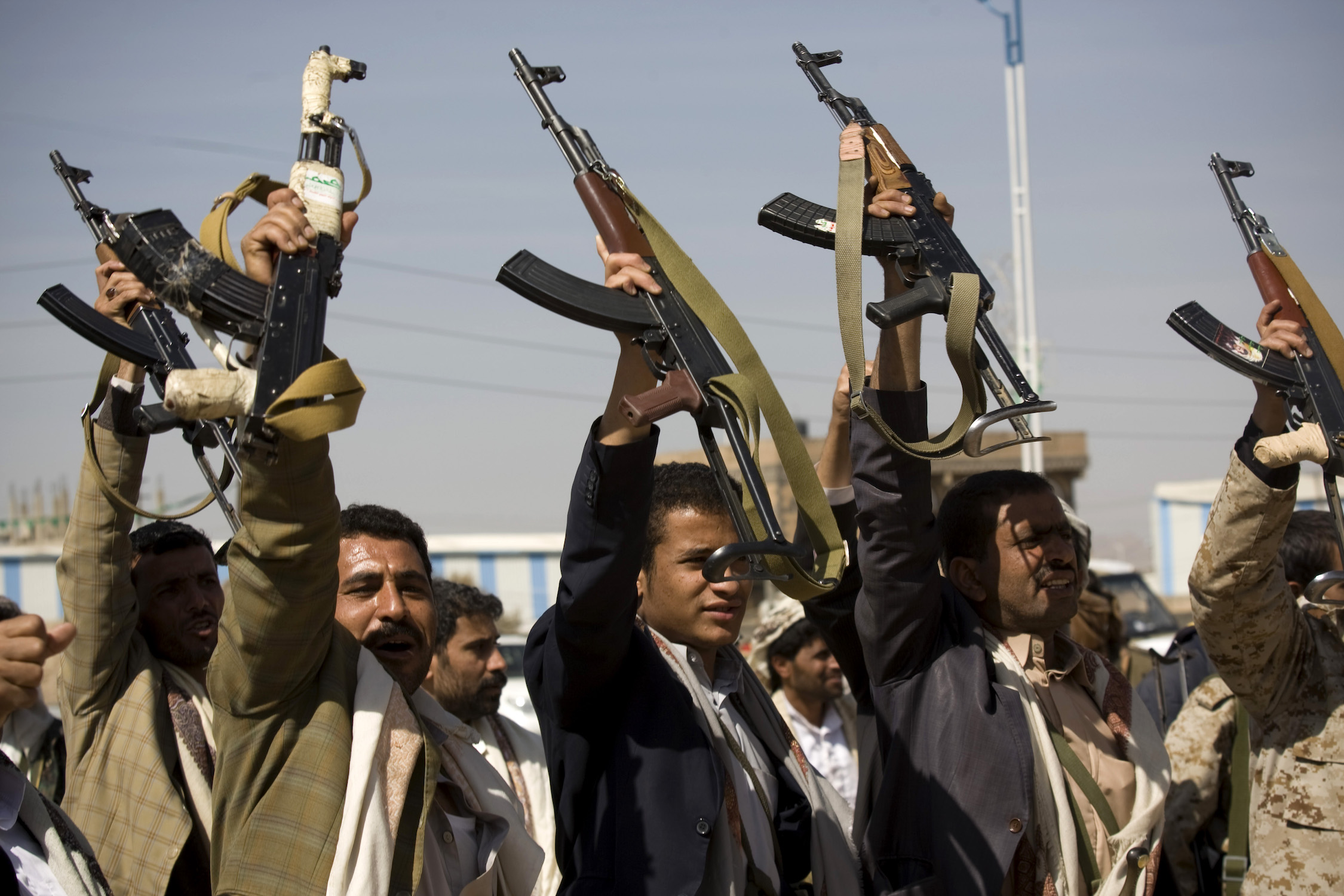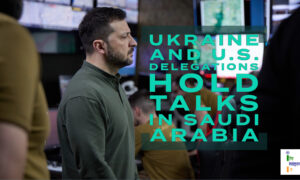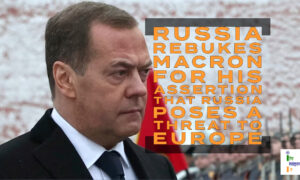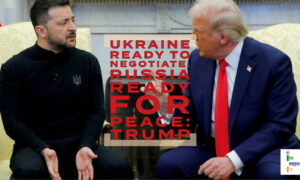
The United Nations (U.N.) has welcomed the Yemen based and allegedly Iran-backed rebel group Houthi’s offer to end the war with Saudi Arabia and work towards restoring peace in the region, as continued war could lead to disastrous situation.
In a televised announcement, the President of Supreme Political Council of Houthi – Mahdi al-Mashat said that Houthi group is ready to ensure peace in the region provided Saudi Arabia and their allies also commit to restoring peace in the region.
Speaking on the occasion, Mashat said, “We declare ceasing to target the Saudi Arabian territory with military drones, ballistic missiles and all other forms of weapons, and we wait for a reciprocal move from them.” He further added, “We reserve the right to return and respond in the case there is no reaction to our initiative.”
He also urged all the concerned parties to indulge in negotiations. “I call on all parties from different sides of the war to engage seriously in genuine negotiations that can lead to a comprehensive national reconciliation that does not exclude anyone,” said Mashat.
Welcoming the move, U.N.’s Special Envoy for Yemen – Martin Griffiths said, “The special envoy stresses the importance of taking advantage of this opportunity and moving forward with all necessary steps to reduce violence, military escalation and unhelpful rhetoric.”
Mashat also announced to re-open the Sana’a International Airport of Yemen and provide open access to Yemen’s Red Sea Port of Hodeidah, a crucial entry point for imports and humanitarian aid. The trouble between Yemen and Saudi Arabia Saudi Arabia relates to an intervention by Saudi Arabia along with 9 countries from Middle East and Africa, in Yemen in 2015. It was in response to calls from the internationally recognized pro-Saudi President of Yemen – Abdrabbuh Mansur Hadi. The President of Yemen had requested for military support after he was ousted by the Houthi movement due to economic and political grievances. He then fled to Saudi Arabia.
The intervention is said to be in compliance with Article 2(4) of the United Nations (U.N.) Charter. The intervention initially consisted of a bombing Houthi rebels and later saw a naval blockade and the deployment of ground forces into Yemen. The Saudi-led coalition has attacked the positions of the Houthi militia, and loyalists of the former President of Yemen, Ali Abdullah Saleh, who is allegedly supported by Iran.
Since then, the ongoing tussle has killed more than tens of thousands of people and has left millions on the brink of famine. The U.N. has termed this war as the world’s worst humanitarian crisis.
For the records, the proposal from Houthi rebels comes a week after they claimed the responsibility for attacks on 2 oil facilities at Abqaiq and Khurais in Saudi Arabia disrupting Saudi Arabia’s crude oil supply by 5.7 million barrels per day, which is 50% of its output. After the attack, the President of U.S. – Donald Trump spoke to the Crown Prince of Saudi Arabia – Mohammad Bin Salman Al Saud, where the latter said that Saudi Arabia is willing and able to respond the recent drone attacks on its oil facilities. The U.S. has blamed the Islamic Republic of Iran for the attack. It has also issued satellite images showing Iran’s involvement in the attack.
It is to be noted that on Friday, September 21, 2019, U.S. has announced to send additional troops to Saudi Arabia to bolster Saudi Arabia’s air and missile defense system.
The Saudi Minister of State for Foreign Affairs – Adel al-Jubeir has said on Saturday, i.e., September 2019, that the drones used in the attack were of Iran origin. He further said that Saudi Arabia is committed to finding the full details of the attack.
“The kingdom calls upon the international community to assume its responsibility in condemning those that stand behind this act, and to take a firm and clear position against this reckless behaviour that threatens the global economy,” said Jubeir.
However, Iran has repeatedly denied all the allegations and has accused the U.S. of promoting economic terrorism against them.







